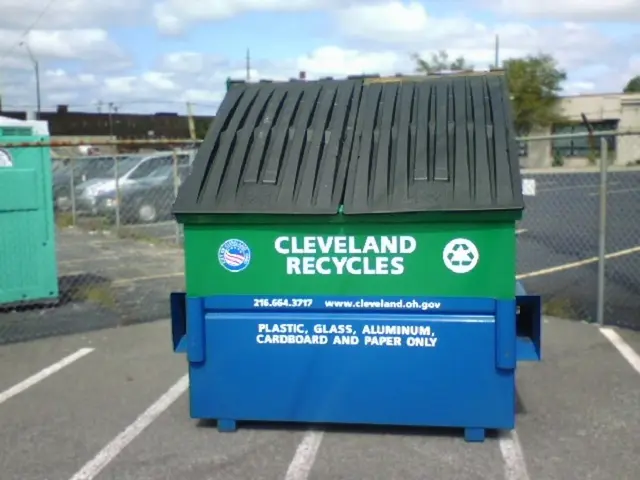Europeans attempt to minimize potential fallout prior to Trump-Putin encounter
The European Union (EU) is taking a firm stance in the ongoing conflict between Ukraine and Russia, calling for an immediate ceasefire as a prerequisite for any potential peace negotiations. The EU has reiterated its commitment to Ukraine's sovereignty and territorial integrity, refusing to entertain any compromises that would allow Russia to make territorial gains.
This week, emergency meetings are being held in the EU regarding Ukraine, with ambassadors, foreign ministers, member states, and even a main leaders' meeting with Donald Trump in attendance. The discussions have been focused on finding a solution to the ongoing conflict and ensuring peace in the region.
Emmanuel Macron, the French President, has stated that he would like to see a trilateral meeting held in Europe between Zelensky, Putin, and Trump, in an effort to bring about a lasting peace. However, the Russian and American presidents are reportedly working towards a bilateral, almost bipolar relationship, disregarding the EU and its potential role in negotiations.
Donald Trump, while hosting meetings with Putin in Alaska and with Zelensky and European leaders in Washington, has favored pursuing a direct peace agreement rather than pushing first for an immediate ceasefire. He has expressed the view that a mere ceasefire risks breaking down and instead aims for a broader peace deal.
The EU has become the principal military supporter of Ukraine since the beginning of the year, compensating for the suspension of American aid. The EU holds the majority of the $300 billion (€256 billion) frozen Russian assets, which will be a point of negotiation in the creation of peace.
Some European countries, including the Nordic and Baltic states, are strongly opposed to any concessions to Russia and have increased their defense spending. However, the more defeatist view among European leaders is opening the door to concessions to Russia. This has outraged the most ardent supporters of Ukraine, with former Dutch prime minister and NATO chief, Mark Rutte, being particularly criticized for his statements about potential concessions to Russia.
The EU has hammered a single message: peace in Ukraine cannot be achieved without the Ukrainians, it must respect the country's territorial integrity, and protect the "vital security interests" of Europeans. Cyrille Bret, a researcher associated with the Montaigne Institute, states that Trump can at best secure a ceasefire, but no lasting peace can be considered without European involvement.
In summary, the EU, the USA, and Ukraine are united in pushing Russia toward a real ceasefire before any peace can be consolidated. The EU demands immediate Russian ceasefire as a first step toward peace, continues sanctions, supports Ukraine, and refuses to allow any territorial concessions to Russia. The USA, under Trump's leadership, advocates for direct peace agreement over immediate ceasefire, hosts talks, and facilitates negotiations but with different tactical priorities. Russia, on the other hand, proposes "peace" conditions seen as aggressive demands, rejects ceasefire as precondition, and favors negotiations on Russian terms and venue. The EU also calls for sustained strong transatlantic cooperation to back Ukraine's defense and diplomatic efforts, including potentially a NATO-style mutual defense guarantee. The next diplomatic step may involve direct talks between Zelenskyy and Putin, possibly with US involvement.
Read also:
- Massive 8.8 earthquake hits off the coast of Russia's Kamchatka Peninsula, prompting Japan to issue a tsunami alert.
- Court petitions to reverse established decision on same-sex marriage legalization
- Proposed Standardization of Food Labeling Laws Among Member States by the Commission
- Experimenting with Merz's Germany has stretched into an extended period of time, resembling a numerous three-month duration.






